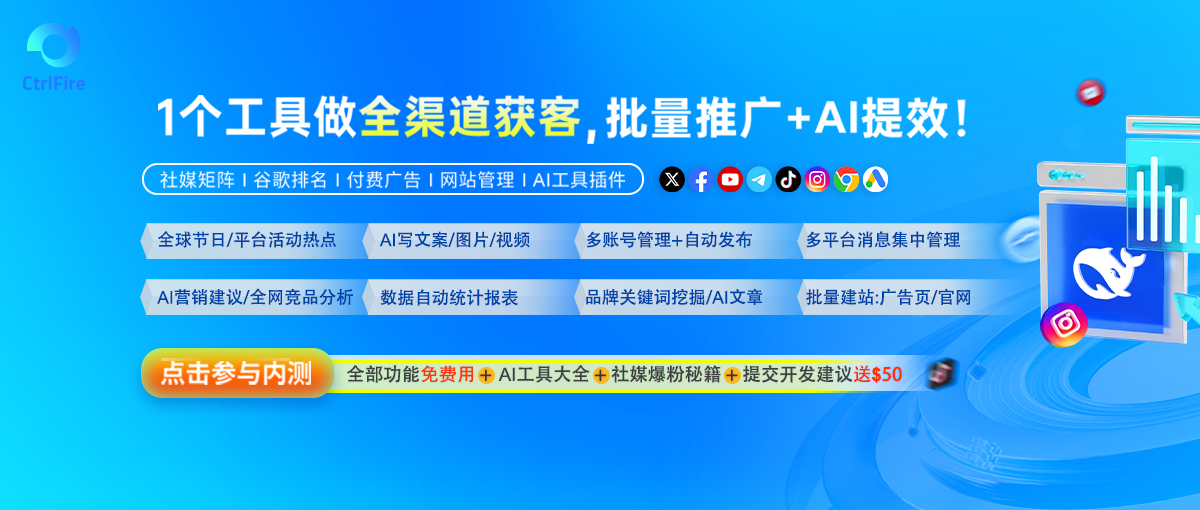Snapchat多账号登录工具选择:看这篇就够了
为什么需要Snapchat多账号登录工具?
你有没有遇到过这样的情况:想同时管理多个Snapchat账号,但每次切换都让人头疼?别担心,这其实是很多人的共同烦恼。尤其是对于那些做社交媒体运营的朋友来说,频繁切换账号不仅浪费时间,还容易搞混信息。这时候,一个好用的Snapchat多账号登录工具就显得尤为重要了。
想象一下,如果你能在一个界面里轻松切换不同的账号,是不是会觉得效率提升了不少?不仅可以快速查看消息,还能更好地管理内容发布。今天,我们就来聊聊如何选择适合自己的Snapchat多账号登录工具,帮你告别繁琐的操作。
挑选工具时需要注意什么?
在选择工具之前,咱们得先明确几个关键点。首先,安全性是最重要的。毕竟,谁也不想因为用了某个工具而导致账号被盗吧?所以,一定要选择那些有良好口碑和加密技术保障的工具。
其次,易用性也很重要。如果一个工具操作复杂,学了半天还搞不定,那它再强大也失去了意义。最好是那种打开就能用、界面简洁直观的工具,省时又省心。
最后,别忘了考虑功能多样性。有些工具不仅能帮你管理多个账号,还能提供数据分析、定时发布等功能,简直是“一箭双雕”。当然,这些功能可能需要付费,但如果你的需求比较高,那花点小钱也是值得的。
推荐几款热门工具
接下来,就给大家推荐几款我亲测好用的Snapchat多账号登录工具。首先是Hootsuite,这款工具可以说是老网红了。它的最大特点是支持多平台管理,除了Snapchat,还可以用来管理Instagram、Twitter等其他社交平台。而且,它的界面设计非常友好,即使是新手也能很快上手。
第二款是Buffer,这款工具特别适合那些喜欢提前规划内容的人。你可以设置定时发布,让系统自动帮你推送内容,完全不用操心时间问题。此外,它的分析功能也很强大,可以帮你了解哪些内容更受欢迎。
最后一款要推荐的是Later。虽然它主要针对Instagram用户,但也支持Snapchat的多账号管理。它的视觉化排版功能非常吸引人,能够让你的内容看起来更有条理。
我的使用心得分享
说实话,我自己也在用这些工具,感觉它们各有千秋。比如,当我需要同时管理多个客户的Snapchat账号时,我会优先选择Hootsuite,因为它真的太方便了。而当我想要专注于内容创作和数据分析时,Buffer就是我的首选。
不过,有一点要提醒大家,无论选哪款工具,都要记得定期更新密码,并启用两步验证功能。这样可以最大程度地保护你的账号安全。毕竟,再多的功能也比不上一份安心。
总结
,选择一款合适的Snapchat多账号登录工具,可以大大提升你的工作效率。无论是注重安全性、易用性还是功能多样性,都能找到适合自己的那一款。希望今天的分享对你有所帮助!如果你也有用过的工具,欢迎在评论区和我交流哦😊。
目录 返回
首页
